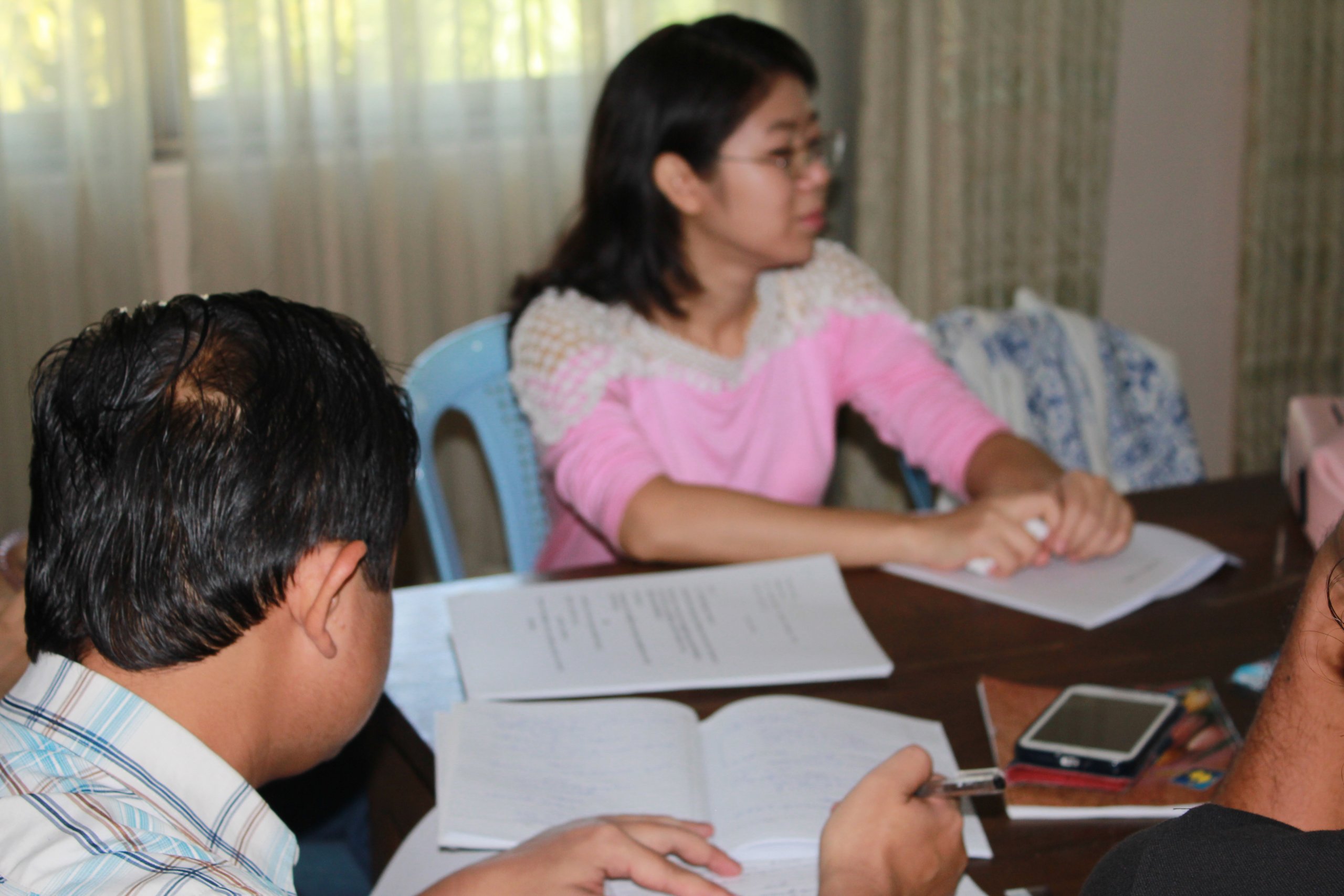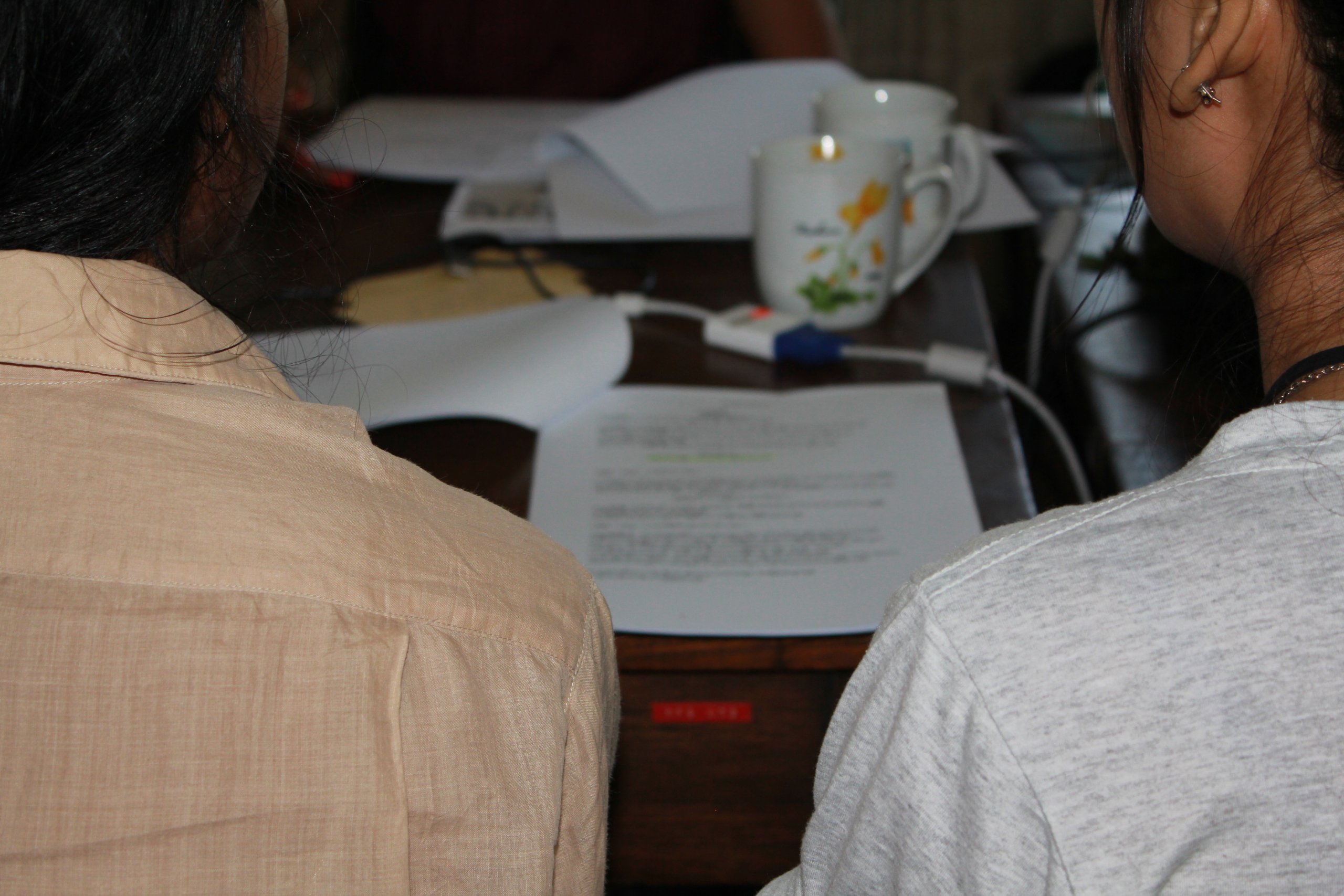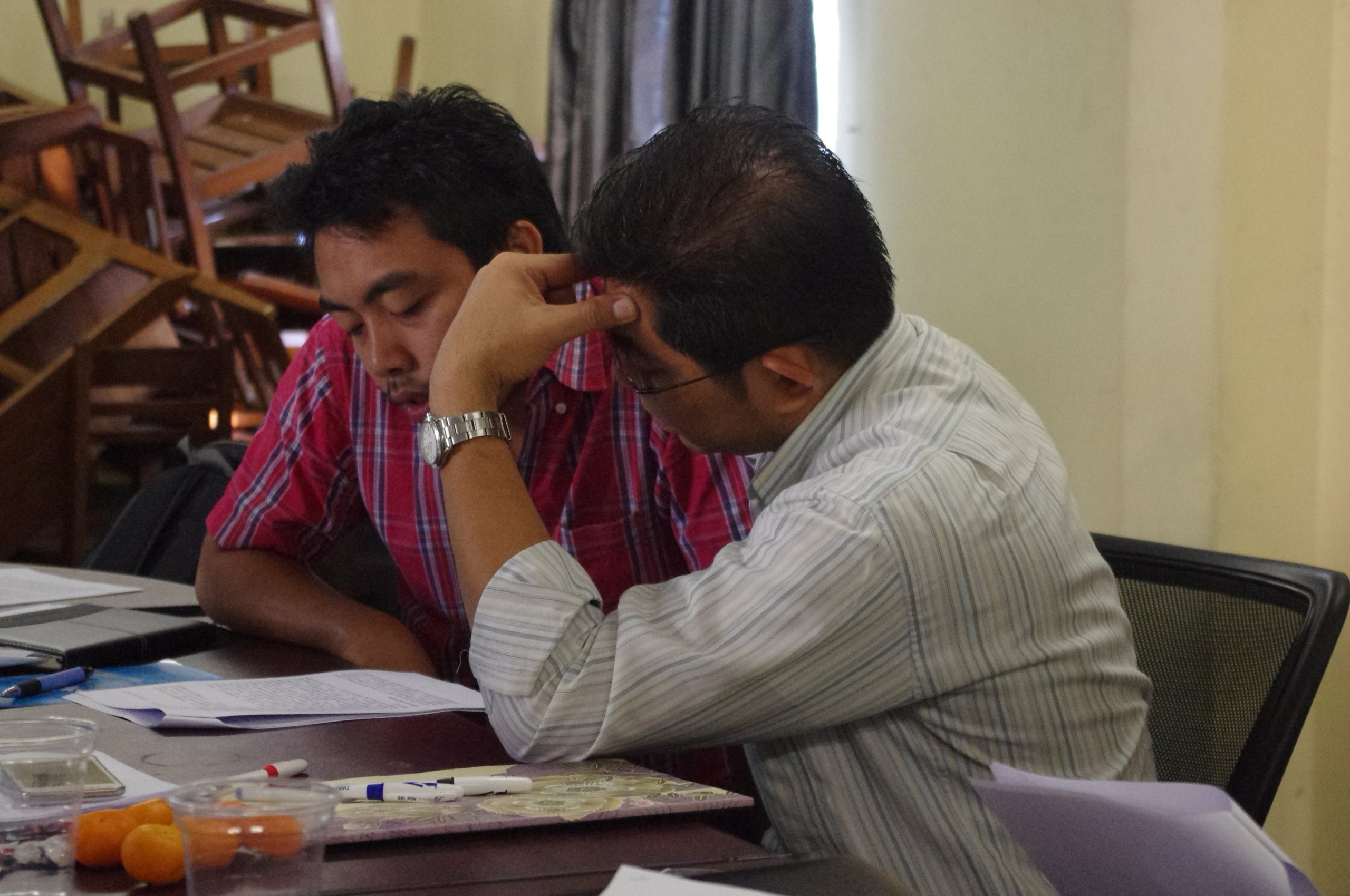This two-week course for up to ten new writers of drama and animation takes students through the process from developing their first ideas for a film story to finishing the first draft of a short screenplay.



This two-week course for up to ten new writers of drama and animation takes students through the process from developing their first ideas for a film story to finishing the first draft of a short screenplay.
This course is usually co-tutored by one national and one international screenwriting tutor. The training takes students through the entire process of writing a short screenplay, from identifying first story ideas to developing characters, locations and situations, film structure, dialogue writing, completing the first draft and how to approach redrafting. In keeping with the School’s documentary ethos, students are encouraged to use real-life locations, characters, events and/or situations to inspire their work.
The course is taught in a mix of lectures, screenings, writing exercises, group discussions and one-to-one meetings to discuss the students’ work-in-progress.
A course highlight are guest lectures with Myanmar writers and filmmakers.
Take a look at how this course works in the film About the 2016 Art of Screenwriting course below.
Topics covered during the course include: